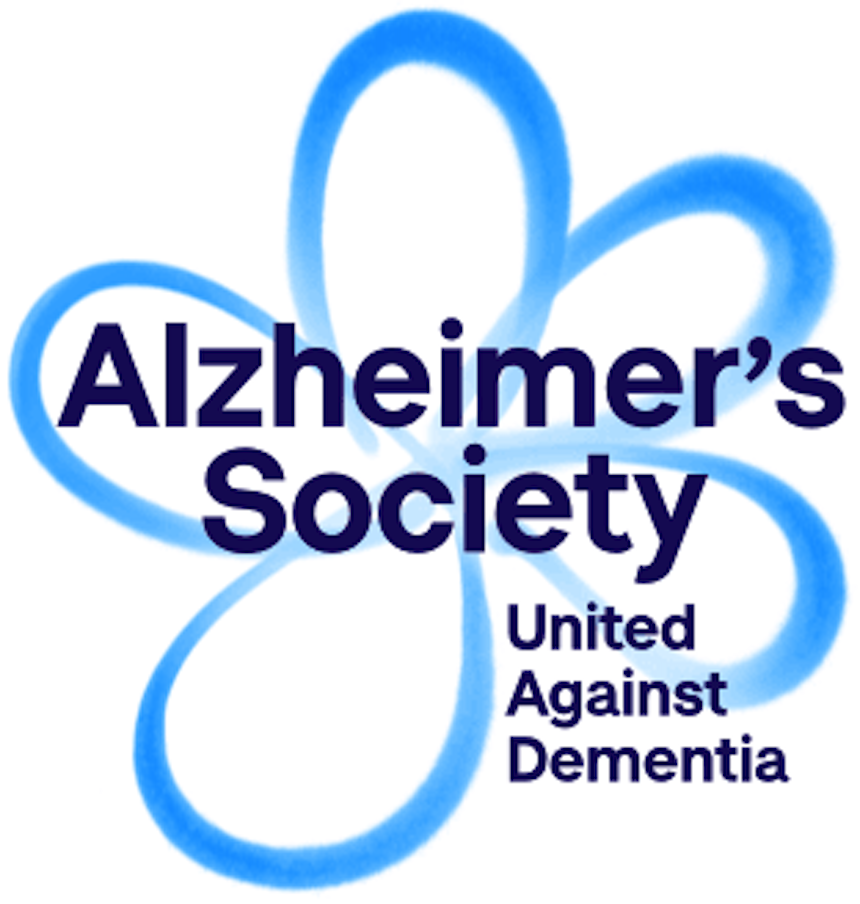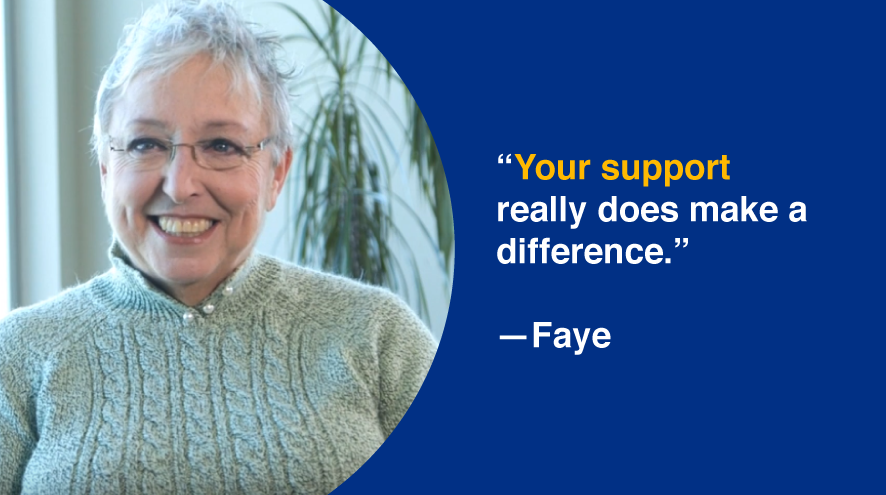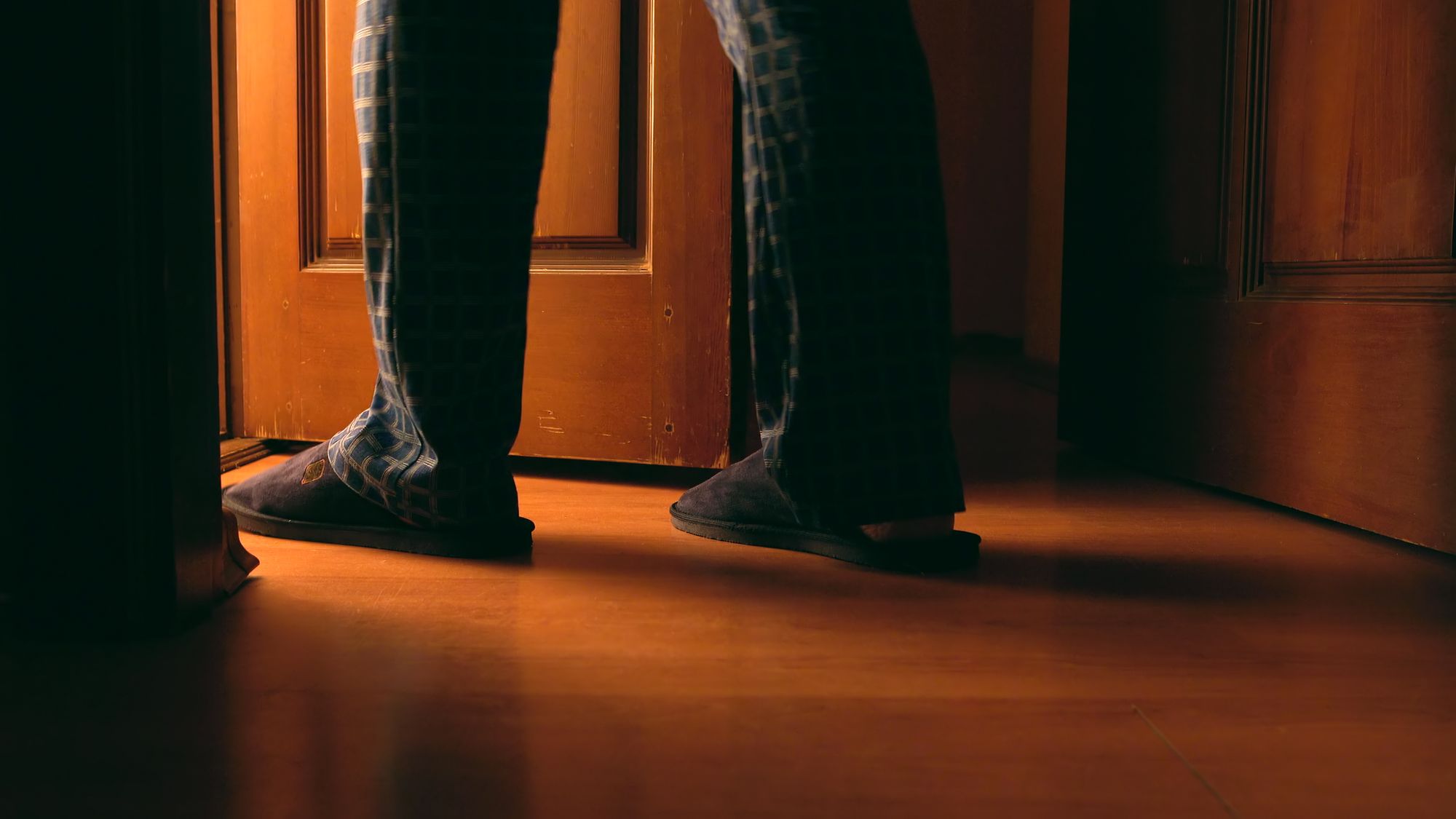Restlessness/agitation
Restless behaviours such as fidgeting, pacing, moving or rearranging things and agitation may occur in people with dementia. This kind of restlessness can be caused by pain or discomfort, depression, constipation, hunger, thirst, need of the toilet, anxiety or boredom or something in the environment. It’s not always easy to determine why the person is restless and it can be very tiering for you and your family.
Remain calm.
Try to stay calm even if the behaviour is making you feel uneasy, nervous or tired. If you stay calm and communicate in a calm manner, the person might respond by being less restless.
Reduce drinks with caffeine.
Try to reduce drinks with caffeine if you think that might reduce the restlessness. Be aware that this might enhance restlessness if the person is used to having a cup of tea of coffee available and keeps looking for it.
Try to simplify the environment.
Maybe there is something in the environment that causes overstimulation? Too much noise, too many people, unnecessary changes, etc.?
Avoid restraining the person.
Avoid restraining or preventing the person from moving around. The person might be further agitated and respond with aggressive behaviour.
Take care of a safe environment.
Give plenty of space.
Check for any discomfort.
Is there any discomfort? Does the person have pain? Is s/he in need of a bathroom? Is s/he cold or hot?
Try to find something for the person to do.
Maybe the person just needs to be occupied by something to reduce restlessness. This could be dusting or helping with cooking.
Engage the person in physical activities.
Try to find activities that involve movement, such as housework or gardening.
Try to calm the person down.
Music or gentle touch sometimes reduces restlessness.
Visit the doctor to identify any medical cause.
Visit the doctor to identify any medical causes. Sometimes medication helps reduce the problem but be aware of side effects.




https://www.dementiaguide.com/
Comments
Sign in or become a DemiCare member to join the conversation.








